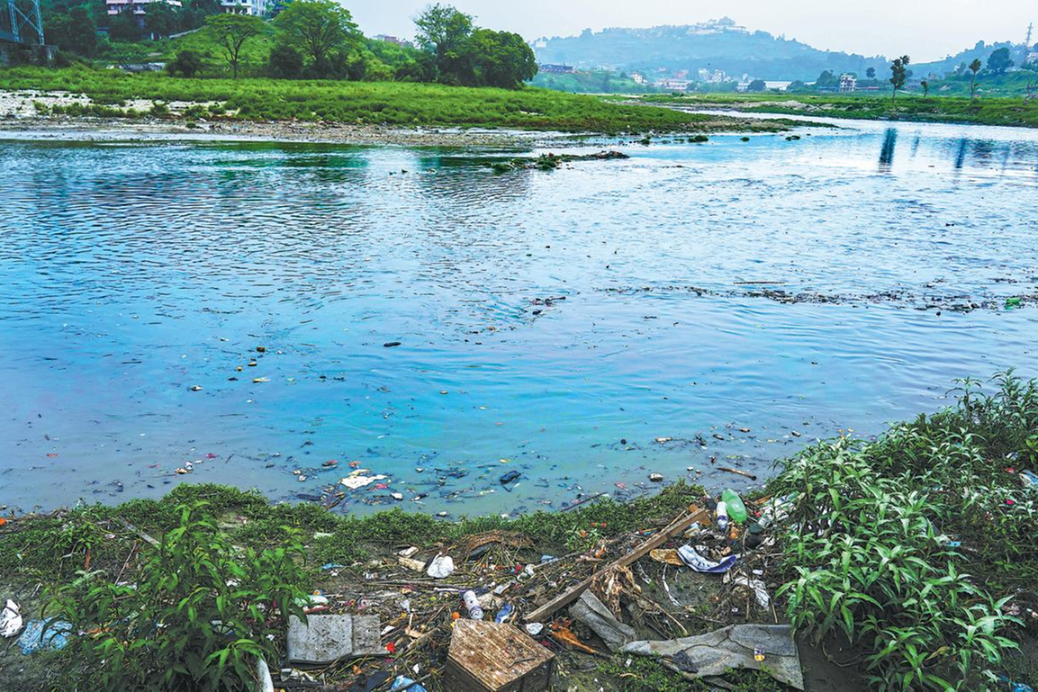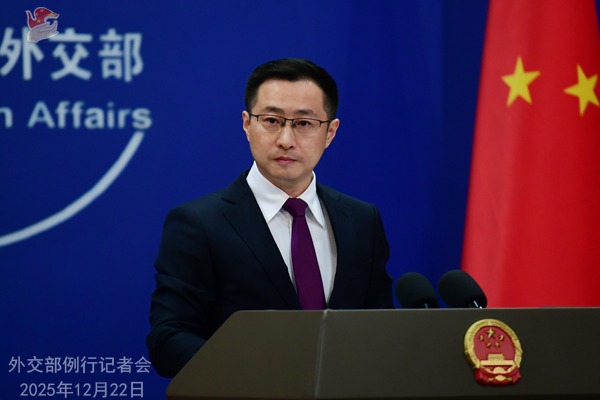Belgians take hard look at the colonial past


Statues of the former monarch Leopold II targeted by protesters
A huge equestrian statue of King Leo-pold II that has stood in central Brussels since 1926 has had to be cleaned repeatedly in recent months after being vandalized by activists protesting against racism and colonialism.
In a demonstration that drew 10,000 people to the Belgian capital on June 7, protesters climbed the statue, chanting "murderers" and waving the national flag of the Democratic Republic of the Congo, a former Belgian colony.
Early this month, a bust of the monarch in the garden of the Royal Museum of Central Africa, or RMCA, in Brussels was daubed with red paint, the third time it had been defaced. A "BLM" sign was scrawled on the pedestal, a reference to the Black Lives Matter movement.
Leopold II, who reigned from 1865 to 1909, has become the focal point as Belgians reassess their country's colonial legacy. Historians believe he was responsible for the deaths of millions of Congolese during colonial days.
In recent months, several statues of the former king have been removed from Belgian cities, including Brussels, Antwerp, Ghent, Leuven and Mons.
Gia Abrassart, an activist and founder of Cafe Congo, a cultural salon in Brussels, said the statues definitely had to go.
"For me, it's really important to be able to rewrite a shared collective story between Belgium and D. R. Congo," she said.
Jean Carlier, a 74-year-old Belgian, disagreed and said that destroying historical monuments makes no sense.
"In two or three generations, people will probably consider us stupid to destroy our own monuments. It is our history," he said.
Many petitions have been raised throughout Belgium demanding the removal of colonial statues, but there have also been a number in favor of them remaining.
A recent study by the University of Antwerp and the RMCA also sent conflicting signals.
About 60 percent of Belgians want to see statues of colonial figures removed from public places and relocated to museums, while 75 percent said the country should apologize to the D.R. Congo for the colonial past. At the same time, 50 percent of those polled feel that Belgium did more good than harm in colonizing the Central African nation.
The poll respondents, who also took a colonial history test, averaged only 7.5 points out of a possible 20, with fewer than one-third scoring 10 points or more.
The result was widely attributed to a serious lack of education about colonial history in Belgian schools in the past 20 years. Belgians attending school two decades ago were taught that Leopold II was a philanthropist who brought civilization to the Congolese, building roads, schools and hospitals. However, there was no mention of his ruthless treatment of the people and bloody exploitation of resources.
Flemish Education Minister Ben Weyts recently proposed that colonialism be part of the standard curriculum at schools in the Dutch-speaking region. Caroline Desir, education minister in the French-speaking Wallonia-Brussels region, supported the reform proposal, which has to be approved by local parliaments.
In mid-June, the Belgian parliament approved a proposal to set up a parliamentary commission to examine the country's colonial past, mainly in D. R Congo, but also in Rwanda and Burundi, which were colonized years after the death of Leopold II.
Parliament Speaker Patrick Dewael, who put forward the motion, described the panel as a sort of Truth and Reconciliation Commission, a reference to the body formed in South Africa in 1996 after the end of apartheid.
On June 30, the 60th anniversary of D. R Congo's independence, Belgian King Philippe surprised many people by sending a letter to Felix Tshisekedi, the African nation's president, expressing his "deepest regrets" for the "suffering and humiliation" inflicted during colonial rule.
"During the days of the Congo Free State, acts of violence and cruelty were committed, which still weigh on our collective memory," the letter stated.
Congo Free State, the privately owned territory held by Leopold II from 1885 to 1908, is part of present-day D. R. Congo and an area 76 times that of Belgium.
The letter marked the first time a Belgian king had publicly condemned the country's colonial past, but it stopped short of an apology. Early last year, a group of experts from the United Nations called on Belgium to apologize for its colonial history and crimes committed during a dark chapter in the country's past.
However, with Prime Minister Sophie Wilmes sworn in only in March after being nominated by the king to form a permanent minority government during the COVID-19 pandemic, Belgium is still struggling to form a coalition administration after an election in May last year.
Unveiling a commemorative plaque on June 30 at Ixelles Town Hall in Brussels to mark the 60th anniversary of D. R. Congo's independence, Wilmes said, "The time has come for Belgium to embark on a journey of research, truth and remembrance."

































